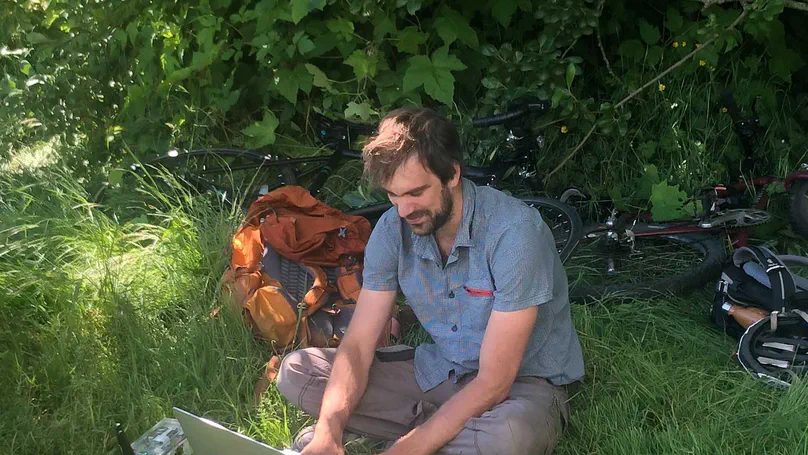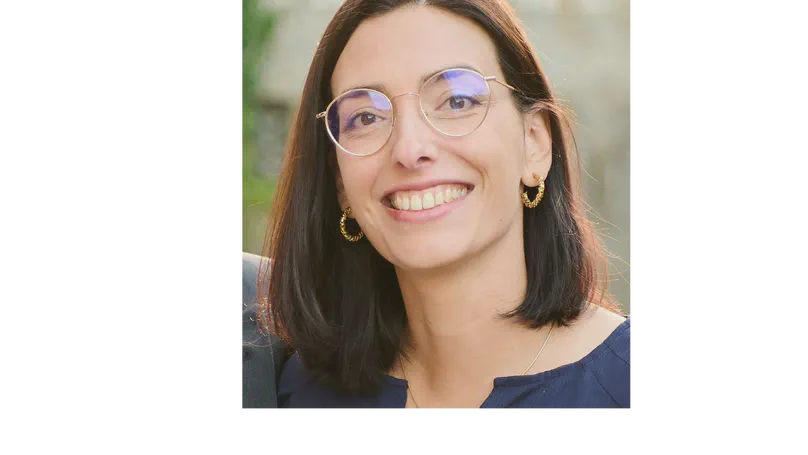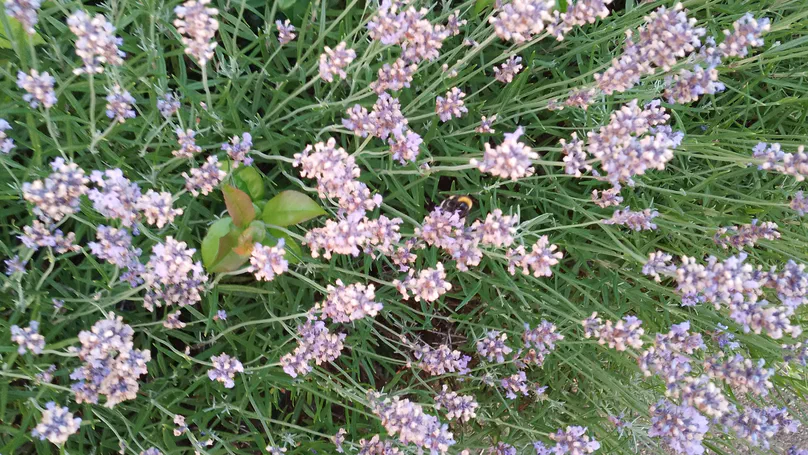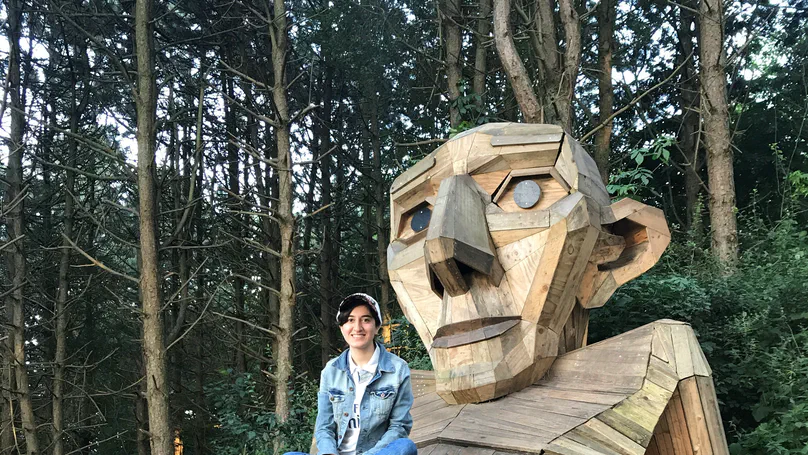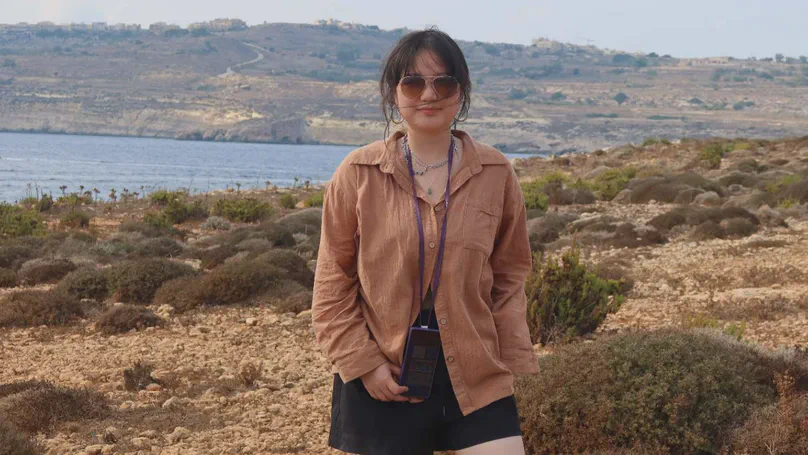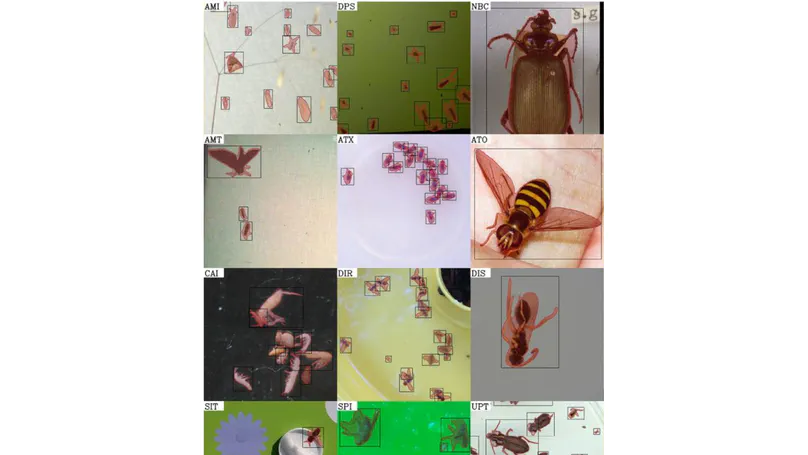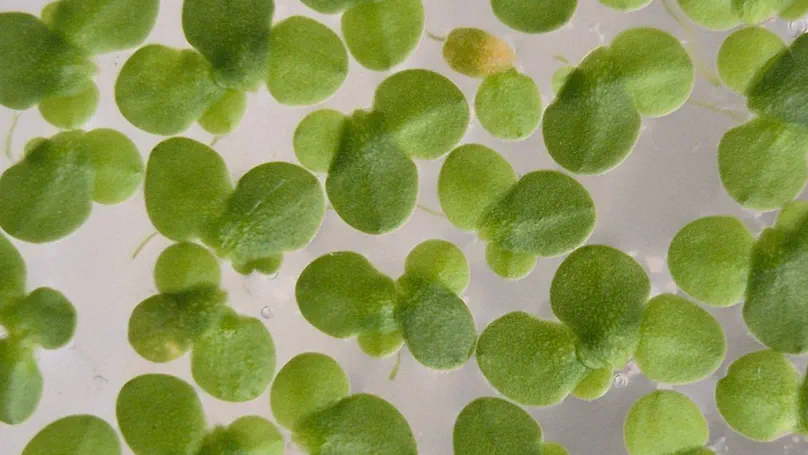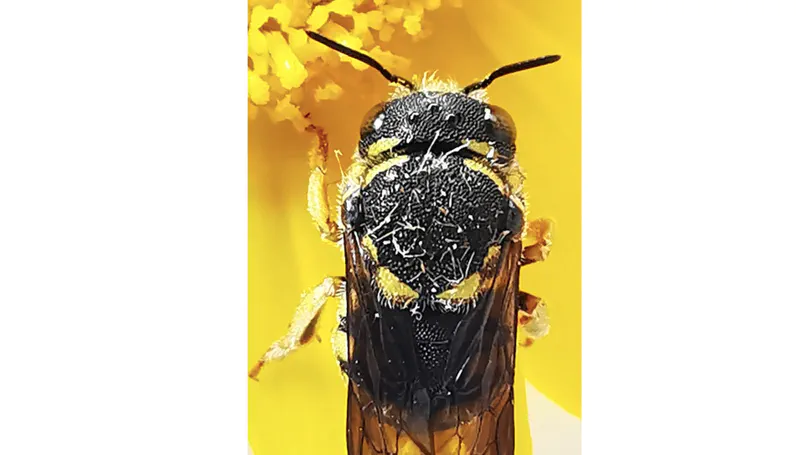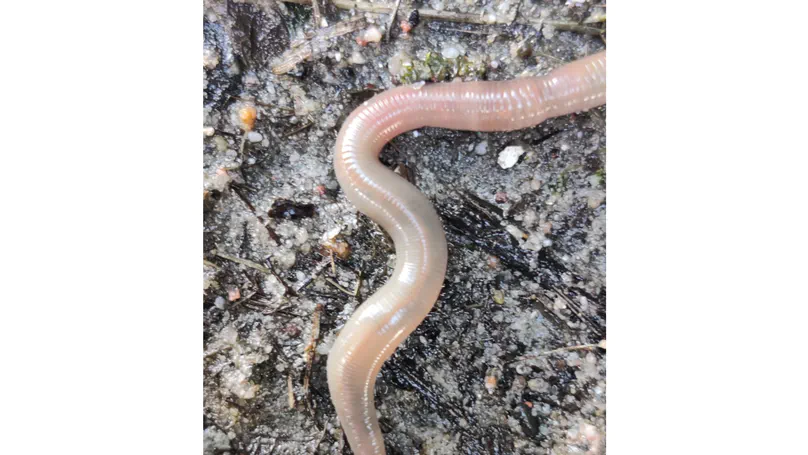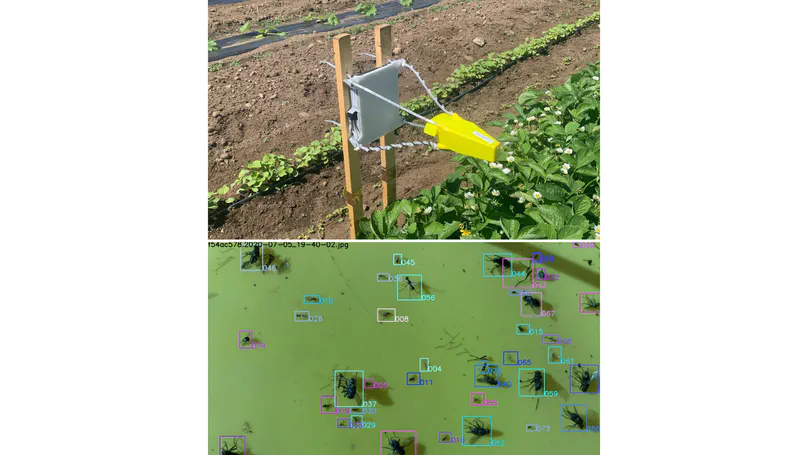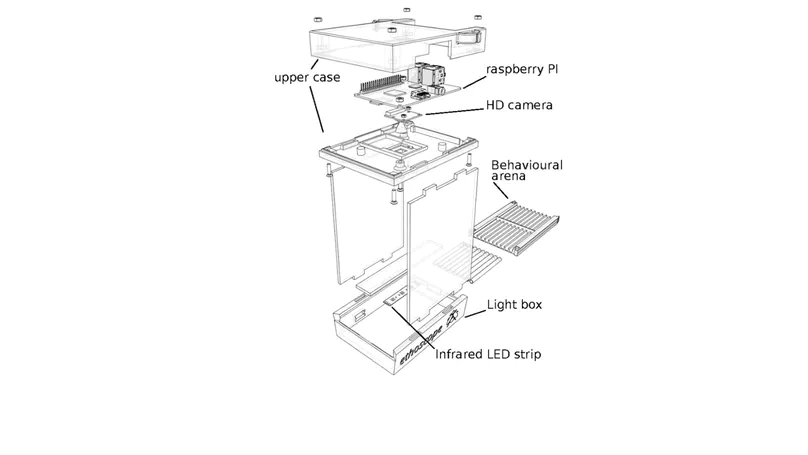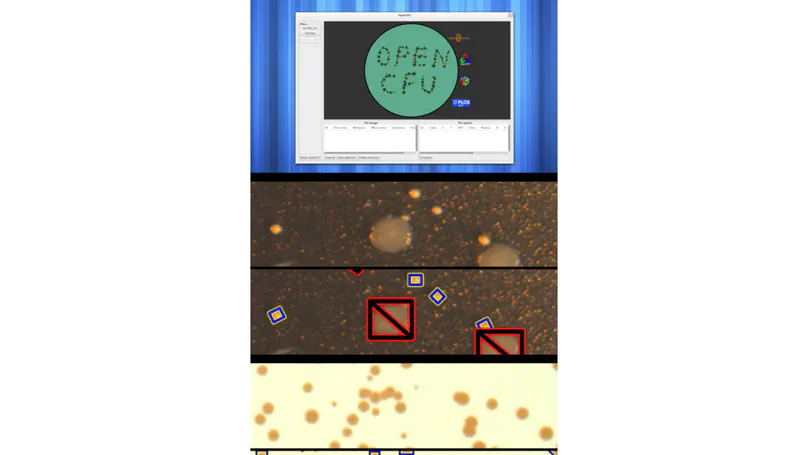The DARSA Group
Digital Approaches for Resilient and Sustainable Agriculture
Aarhus University
Center for Quantitative Genetics and Genomics
About us
The Digital Approaches for Resilient and Sustainable Agriculture (DARSA) group is part of the Center for Quantitative Genetics and Genomics (QGG), at Aarhus University. Within DARSA, we develop and apply remote-sensing tools and innovative open-source machine-learning methods to make agroecosystems more productive, sustainable and resilient. We collaborate with other members of the QGG as well as with other researchers in Aarhus and worldwide to target both the breeding and production sides of agriculture. Amid severe environmental crises, we aim to lead a new, digital and sustainable, green transition. The DARSA group recently started, and we are actively looking for collaborators and new members, so do not hesitate to contact us.
- 🧠 Development of Deep-Learning Tools
- 🐛 Automatic Monitoring of Agricultural Pests
- 🌱 High-Throughput Plant Phenotyping
- 🌳 Agroecology and Biodiversity
People
Projects
Opportunities
If you have project ideas and are motivated, we list below a number of options to obtain funding and we would be happy discuss and possibly support you. Send us a CV and describe your interest.
*Publications
Collaborators
Contact
- qgeissmann@qgg.au.dk
- Room 210, building 1130, C. F. Møllers Allé 3, Aarhus, 8000
